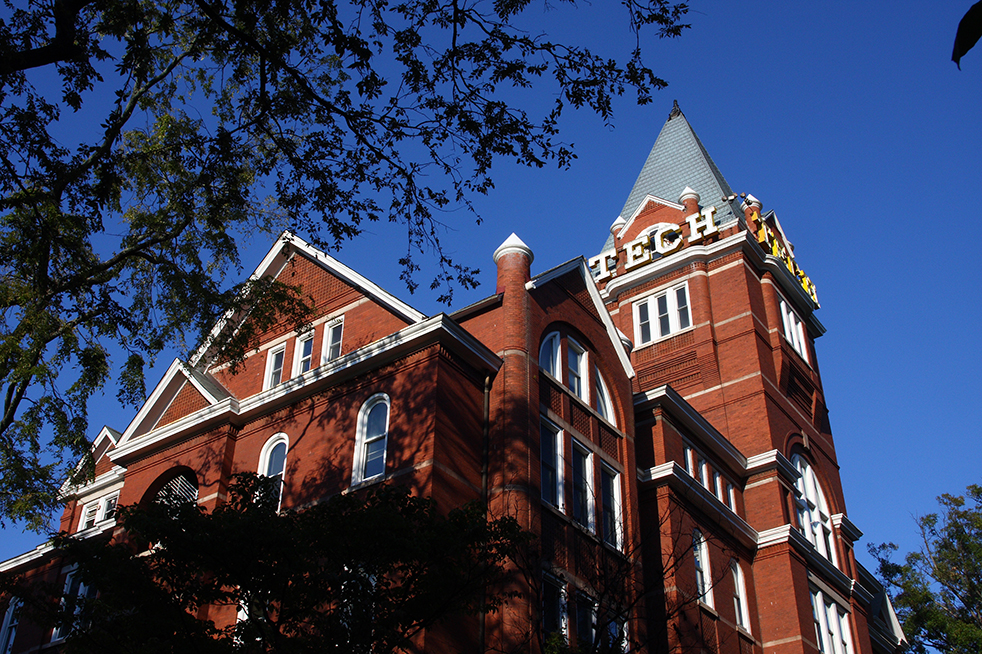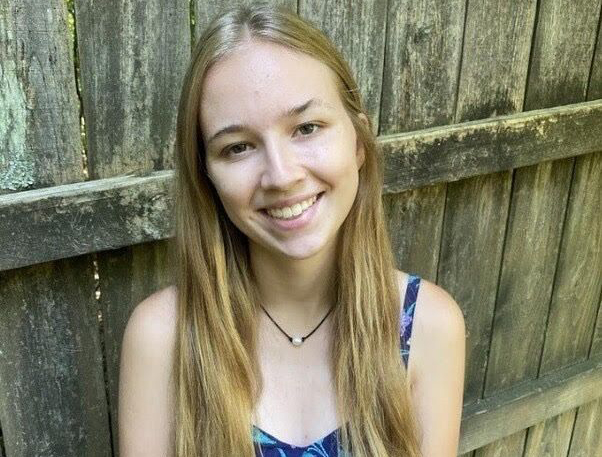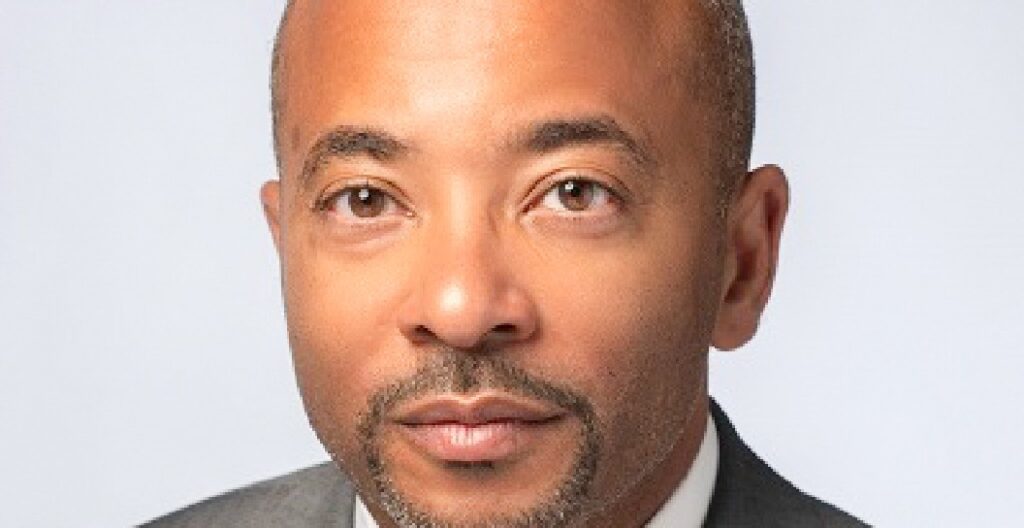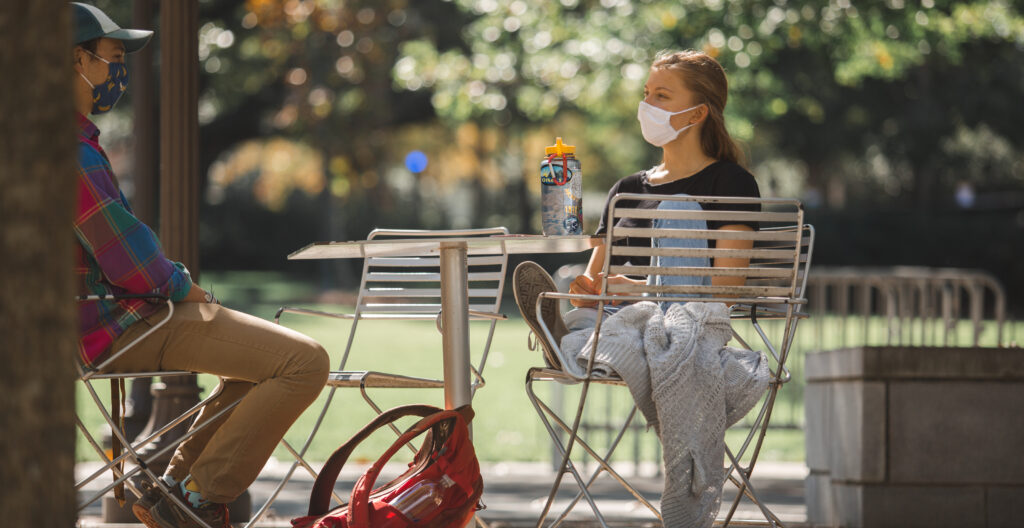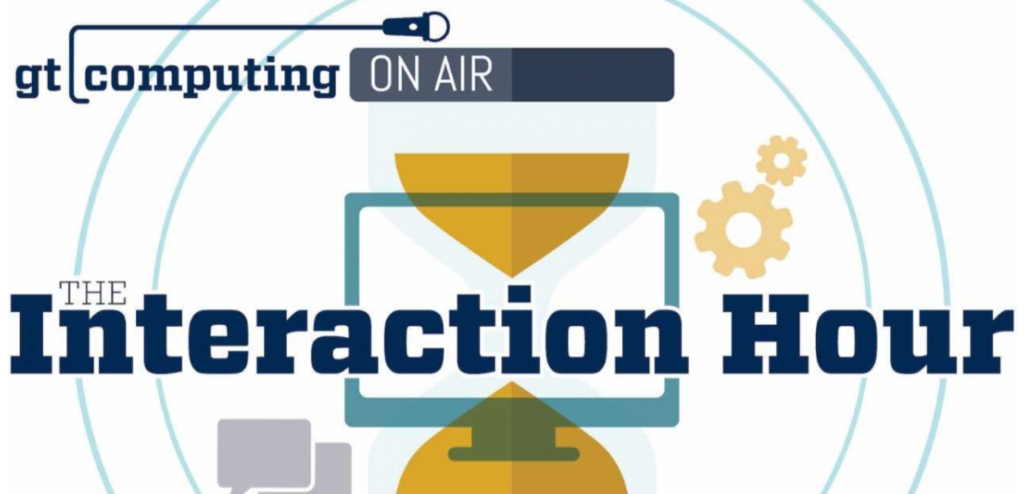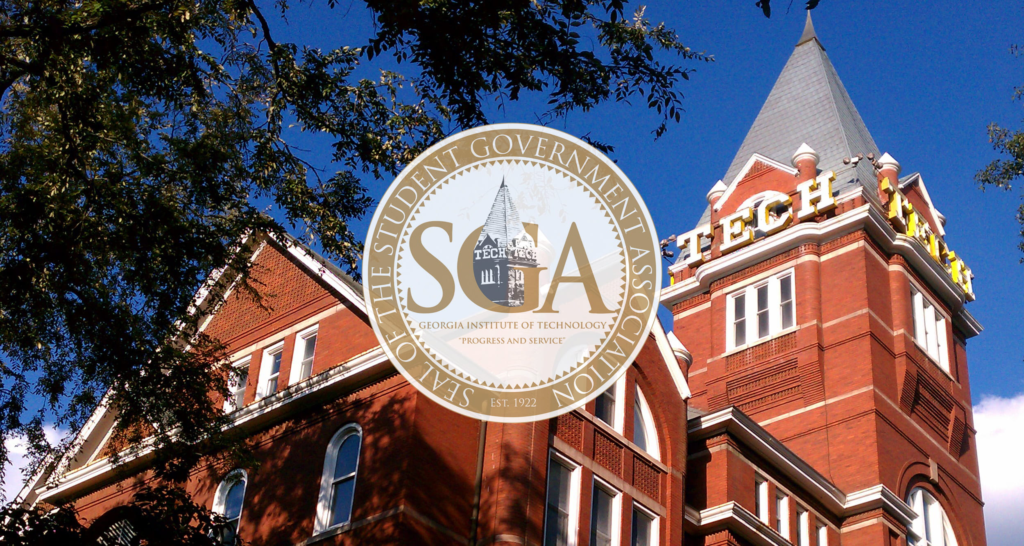
On Sunday, March 21, the Technique hosted the annual Student Government Associate (SGA) debate between the two campaigns running to be the next undergraduate president and vice president of SGA. To comply with COVID safety protocols, the debate was hosted using the online platform, BlueJeans Events.
This year, two campaigns are running to be the voice of the student body. One includes Kyle Smith, third-year PUBP, as presidential candidate and Salmata Barrie, third-year EE, as vice presidential candidate.
Presidential candidate Sam Ellis, third-year INTA, and vice presidential candidate Ajanta Choudhury, third-year BIO, make up the second campaign.
In their opening statement, both candidates explained their mission statements and additional information relating to their background and experience.
“Ajanta and I believe in turning advocacy into action … to achieve that, we believe in taking a bottom-up approach to campus leadership,” Ellis said.
“Our platform sets clear, actionable goals that were created by listening to our team and by meeting with administrators,” Choudhury said. She further elaborated that these goals focus on issues such as mental health, student employees, size inclusion on campus and diversity, equity and inclusion (DEI).
Smith explained his campaigns’ motivation for joining the election race. “It was really about our passion for addressing the barriers that students face and making sure that we are prioritizing the well-being of the whole student beyond just their academic performance.”
He also stated, “We believe that it is crucial that SGA leverage its power to advocate for all students and that we not be afraid to speak the truth that we know students are feeling.”
Barrie continued, “As the only executive candidate coming from outside SGA and representative of the engineering community, it’s really important to me that … you have [niche communities] representative at every level of SGA.”
When asked about aspects of their platform that could be realistically implemented within the first 100 days in office, Smith and Barrie focused on improvements to mental health while Ellis and Choudhury focused on a safe return to campus and reforms to the Office of Student Integrity.
“I think one of the most important issues that we will certainly address in the first 100 days is that of mental health,” Smith said. “One of the things that we want to be advocating for, as soon as we are in office, is truly making sure that the after-hours counseling services are adequate because we know this is a life-or-death issue.”
Barrie added that they would not just focus on adding numbers of staff members to the counseling services but would also work to improve the quality of counseling. “Follow-up needs to be a part of the process, regardless of severity.”
“One big part of our platform that we think can be realistically implemented is a safe return to campus and specifically that means a safe return to social culture,” Choudhury said.
She explained how this would be accomplished by clarifying mandatory and recommended guidelines for student organizations that want to plan safe and in-person events.
“The second one that is super important to us is reform for the Office of Student Integrity,” Ellis said. “We’re calling for them to … put a hard one-month limit on both academic and non-academic cases … and drop all pending fall 2020 cases that affect graduate students.”
In regard to a later question on mental health, Ellis and Choudhury explained their goals to hire a more diverse and unique counseling staff to fit the unique needs of students.
Choudhury also stated their campaign’s plan to proactively solve mental health by reducing students’ academic stress. “One big thing is to have transparent curving policies … and having [syllabi] posted at the beginning of the semester.”
When asked about how they plan to alleviate issues that come from collaborating with entities outside of SGA, Smith and Barrie reiterated their campaign’s promise of addressing neglected campus communities.
Barrie stated, “If we are going to have a long-term impact, we need to make sure we are supporting those niche communities that kinda get looked over.”
Students watching the debate online were also allowed to ask questions directly to both campaigns through the Q&A feature on BlueJeans Events.
Themes of the questions centered around campus sustainability, international students and diversity in Greek Life. Several targeted questions had to be deleted for their efforts to slander both campaigns.
Both campaigns addressed questions that were not asked (due to time constraints) by posting responses on their campaign social media and websites.
Students can vote for presidential candidates at elections.gatech.edu until elections close on March 26. Results will be revealed at 5 p.m. on March 29.
Other issues on this year’s ballot include a referendum for proposed changes to Tech’s fight song as well as a proposed constitutional amendment to the amendment process.

